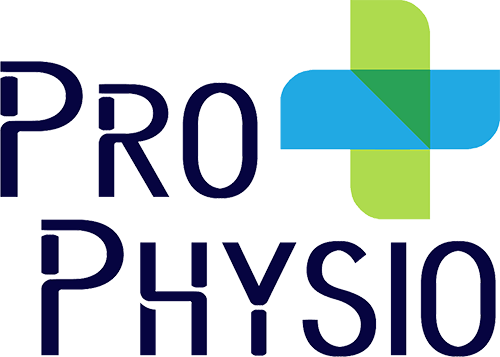What Is Frozen Shoulder?
Frozen shoulder, also known as adhesive capsulitis, is a condition characterized by stiffness and pain in the shoulder joint. The condition typically develops gradually over time and can be caused by a variety of factors, including injury, surgery, or underlying medical conditions such as diabetes or thyroid disorders.
Common Signs and Symptoms
The hallmark symptom of frozen shoulder is restricted shoulder movement. Other common symptoms include pain in the shoulder, particularly when reaching or lifting, and difficulty sleeping due to discomfort. The condition may also cause muscle weakness and atrophy in the affected arm, as well as feelings of numbness or tingling.
How Can It Be Treated?
Treatment for frozen shoulder typically involves a combination of physiotherapy and medication. Physiotherapy exercises can help to improve range of motion in the shoulder joint, while medication may be used to manage pain and inflammation. In some cases, corticosteroid or hydrodilation injections may be used to provide temporary relief of symptoms.
For more severe cases of frozen shoulder, surgery may be recommended. This may involve a procedure to manipulate the shoulder joint and improve range of motion, or surgery to remove scar tissue and other obstructions that may be causing symptoms.
It is important to note that while treatment can help to manage symptoms of frozen shoulder, the condition can take several months or even years to fully resolve. It is important to work closely with a physiotherapist or other healthcare provider to develop an individualized treatment plan that addresses your specific needs.
If you need help please book an appointment with our team today by clicking the button below –
Scientific References
- Kelley MJ, McClure PW, Leggin BG. Frozen shoulder: evidence and a proposed model guiding rehabilitation. J Orthop Sports Phys Ther. 2009;39(2):135-148. doi:10.2519/jospt.2009.2928
- Neviaser AS, Neviaser RJ. Adhesive Capsulitis of the Shoulder. J Am Acad Orthop Surg. 2011;19(9):536-542. doi:10.5435/00124635-201109000-00005
- Uhl TL, Kibler WB, Gecewich B, Tripp BL. Evaluation of Clinical Assessment Methods for Scapular Dyskinesis. Arthroscopy. 2009;25(11):1240-1248. doi:10.1016/j.arthro.2009.06.007
